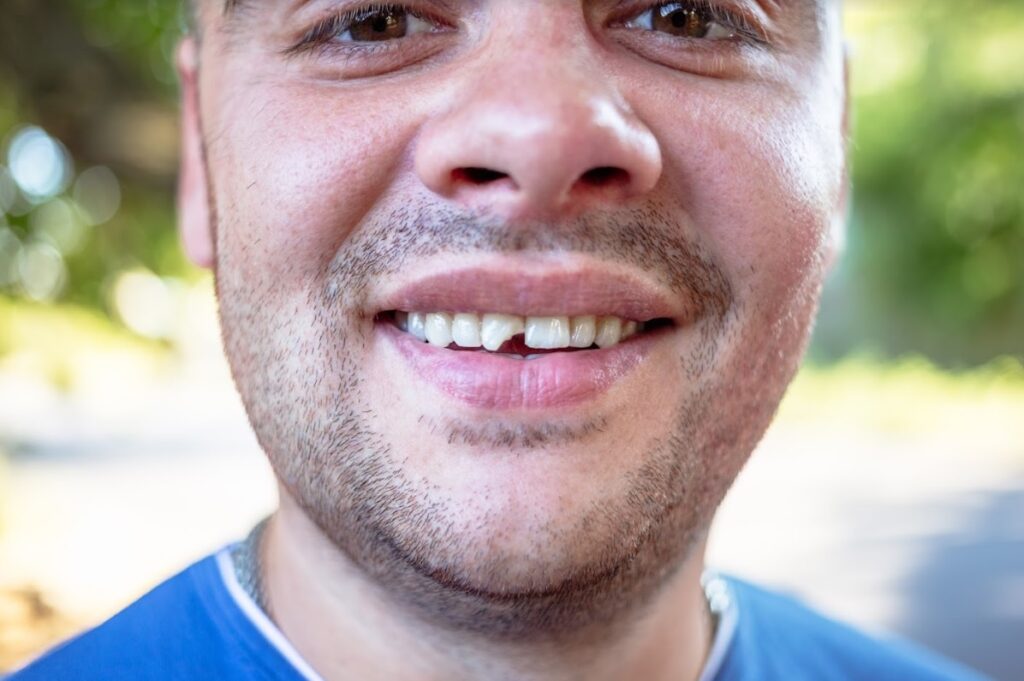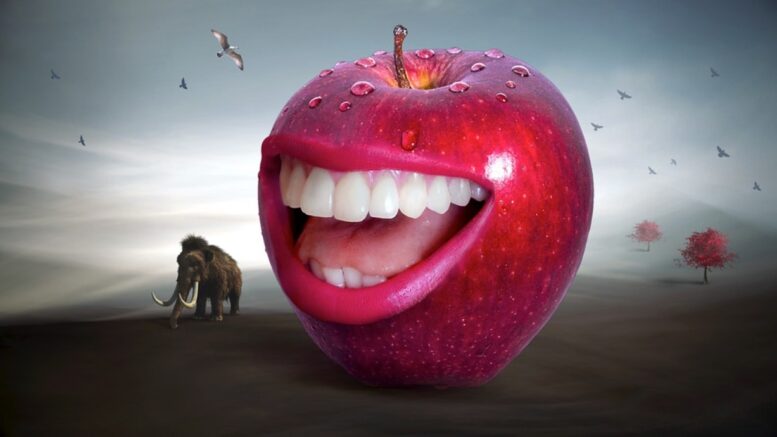Good dental health is essential for overall well-being, and the best way to achieve it is through proper teeth care. Unfortunately, many people don’t take adequate steps to ensure their teeth remain healthy. This can lead to a variety of common dental problems causing serious damage. However, this article will discuss the basics of proper teeth care so that you can maintain optimal oral health for years to come.
Tooth Decay
Tooth decay is a very common dental problem that affects people of all ages and can be extremely painful. People living all around the Lower North Shore of Sydney are told by doctors from Whites Dental Care in Cremorne to be extra careful to avoid this as it affects their quality of life. Fortunately, there are a number of steps you can take to help prevent tooth decay and keep your teeth healthy.
Hygiene includes brushing your teeth twice daily with fluoride toothpaste, flossing at least once daily, and visiting the dentist regularly for check-ups and cleanings. It’s also important to watch what you eat and drink since some foods and beverages can increase your risk for cavities or other dental issues. Finally, it’s important to make sure you get enough calcium in your diet since it helps strengthen your teeth and bones.
Gum Disease
This condition can lead to inflammation, pain, and eventually tooth loss if left untreated. Fortunately, with proper oral hygiene and regular dental checkups, gum disease can easily be prevented.
Utilizing a soft-bristled toothbrush or an electric toothbrush will help remove plaque buildup from the teeth and along the gum line. Additionally, it is important to floss daily to remove food particles that become stuck in between teeth which cannot be reached with a toothbrush.
Using an antiseptic mouthwash daily for 30 seconds can further reduce plaque and help prevent gum diseases such as gingivitis. Another crucial step for keeping your oral health in check is scheduling regular visits with your dentist or hygienist for professional cleanings and checkups at least twice per year.
Jaw Disorders
Jaw disorders are painful and can interfere with everyday life. There are various types, including the following:
- Temporomandibular joint (TMJ) disorder
- Bruxism
- Malocclusion
- Jaw dislocation
- Osteomyelitis
- Trismus
- Oral cancer
- Mandibular osteotomy
- Salivary gland disorders
- Facial trauma
For one, a balanced diet is essential for maintaining strong and healthy jaws. Good oral hygiene is also crucial for preventing jaw disorders. Brushing your teeth twice daily and flooding removes plaque buildup which can contribute to problems with the jaw joint over time. If you do experience pain in your jaw or soreness in your facial muscles, it’s important to seek medical attention right away so that any underlying health problems can be addressed promptly.

Bad Breath
Bad breath, also known as halitosis, can be an embarrassing and inconvenient issue to deal with. However, you do need to make sure to get rid of it as soon as possible so it doesn’t turn into something worse.
Practice good oral hygiene and use an antibacterial mouthwash at least once a day helps to reduce plaque buildup in the mouth and removes food particles that may cause odor. Additionally, you should make sure to clean your tongue every time you brush your teeth – using a tongue scraper or brushing your tongue with toothpaste helps remove bacteria that could lead to bad breath.
In addition, keep your mouth hydrated and help flush out the bacteria that cause bad breath. If these steps do not reduce bad breath, it is important to see your dentist regularly for check-ups.
Tooth Loss
Preventing tooth loss is essential for obtaining and maintaining optimal oral health. The good news is that there are numerous straightforward steps one can take to prevent tooth decay, gum disease, and other conditions that lead to tooth loss.
Regular brushing with fluoride toothpaste is an effective way to ward off tooth decay and cavities. Brushing at least twice a day with a soft-bristled toothbrush can remove plaque from the surface of teeth, reducing the risk of decay. Flossing should also be done daily, as it helps to remove food particles and bacteria that brushing alone cannot reach.
Dry Mouth
A dry mouth, also referred to as xerostomia, is a common problem that can lead to symptoms such as a dry or sticky feeling in the mouth, constant feeling of thirst, bad breath, and difficulty tasting, swallowing, and speaking.
To fix it, make sure to drink plenty of fluids such as water, unsweetened fruit juices, and herbal teas throughout the day. Chewing sugarless gum or sucking on sugar-free hard candy can also help stimulate saliva production. Avoiding coffee, alcohol, and smoking cigarettes can also help keep your mouth moist.
Conclusion
Taking good care of your oral health includes brushing twice a day with fluoride toothpaste, flossing daily, using an antiseptic mouthwash regularly, eating a balanced diet, and scheduling regular visits with the dentist or hygienist for professional cleanings and checkups at least twice per year. Additionally, it is important to address any jaw disorders promptly as well as practice good oral hygiene habits such as cleaning your tongue every time you brush your teeth. Finally, make sure to stay hydrated throughout the day in order to reduce bad breath and keep your mouth moist.
